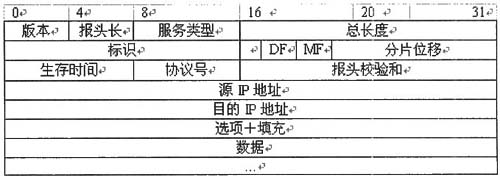Many will know that the word "muscle" comes from the Latin for "mouse" (rippling under the skin, so to speak ). But what about "chagrin", derived from the Turkish for roughened leather, or scaly sharkskin. Or "lens" which comes from the Latin "lentil" or "window" meaning "eye of wind" in old Norse Looked at closely, the language comes apart in images, like those strange paintings by Giuseppe Arcimboldo where heads are made of fruit and vegetables.
Not that Henry Hitchings’s book is about verbal surrealism. That is an extra pleasure in a book which is really about the way the English language has roamed the world helping itself liberally to words, absorbing them, forgetting where they came from, and moving on with an ever-growing load of exotics, crossbreeds and subtly shaded near-synonyms. It is also about migrations within the language’s own borders, about upward and downward mobility, about words losing their roots, turning up in new surroundings, or lying in wait, like "duvet" which was mentioned by Samuel Johnson, for their moment.
All this is another way of writing history. The Arab etymologies of " saffron ", "crimson" and "sugar" speak of England’s medieval trade with the Arab world. We have "cheque" and "tariff" from this source too, plus "arithmetic" and "algorithm"-just as we have "etch" and "sketch" from the Dutch, musical terms from the Italians and philosophical ones from the Germans. French nuance and finesse are everywhere. At every stage, the book is about people and ideas on the move, about invasion, refugees, immigrants, traders, colonists and explorers.
This is a huge subject and one that is almost bound to provoke question-marks and explosions in the margins-soon forgotten in the book’s sheer sweep and scale. A balance between straight history and word history is sometimes difficult to strike, though. There is a feeling, occasionally, of being bundled too fast through complex linguistic developments and usages, or of being given interesting slices of history for the sake, after all, of not much more than a "gong" or a "moccasin". But it is churlish to carp. The author’s zest and grasp are wonderful. He makes you want to check out everything-" carp" and "zest" included. Whatever is hybrid, fluid and unpoliced about English delights him.
English has never had its Acad mie Francaise, but over the centuries it has not lacked furious defenders against foreign "corruption". There have been rearguard actions to preserve its "manly" pre-Norman origins, even to reconstruct it along Anglo-Saxon lines: "wheel- saddle" for bicycle, "painlore" for pathology. But the omnivorous beast is rampant still. More people speak it as their second language than as their first. Forget the language of Shakespeare. It’s "Globish" now, the language of aspiration. No one owns it, a cause for despair to some. Mr. Hitchings admits to wincing occasionally, but almost on principle he is more cheerful than not.
According to the text, which of the following is TRUE ?()
A."Muscle" derives from Italian
B."Chagrin" derives from Turkish
C."Crimson" derives from Persian
D."Sketch" derives from German

